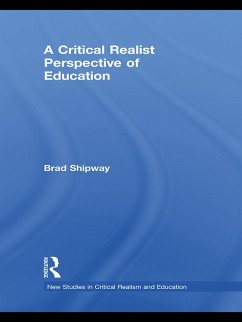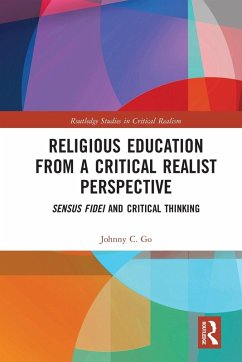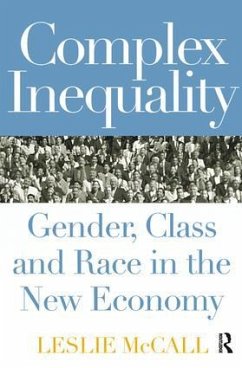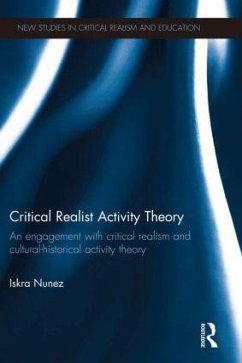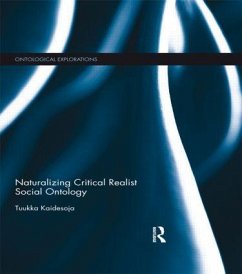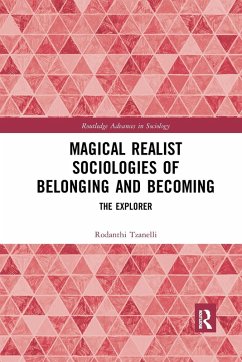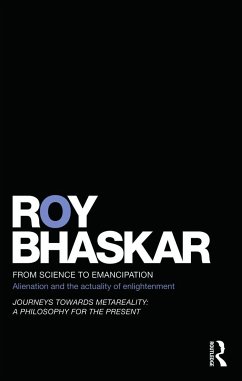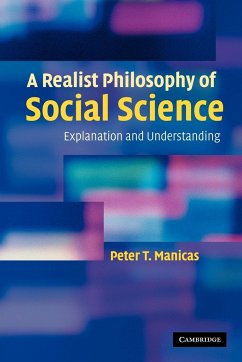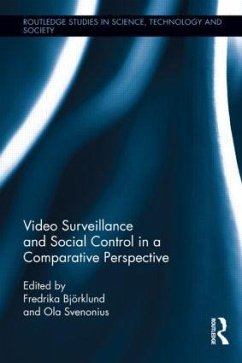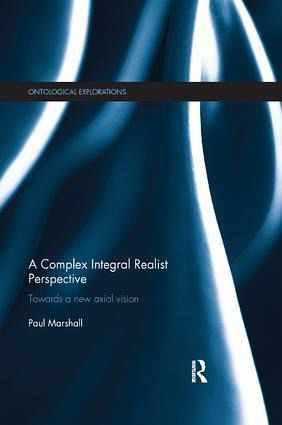
A Complex Integral Realist Perspective
Towards A New Axial Vision
Versandkostenfrei!
Versandfertig in 1-2 Wochen
64,99 €
inkl. MwSt.
Weitere Ausgaben:

PAYBACK Punkte
32 °P sammeln!
This book sketches the contours of a vision that moves beyond the dominant paradigm or worldview that underlies and governs modernity (and postmodernity). It does so by drawing on the remarkable leap in human consciousness that occurred during the Axial Age and on a cross-pollination of what are arguably the three most comprehensive integrative metatheories available today: Complex thought, integral theory and critical realism - i.e. a complex integral realism. By deploying the three integrative metatheories this book recounts how the seeds of a number of biases within the Western tradition - ...
This book sketches the contours of a vision that moves beyond the dominant paradigm or worldview that underlies and governs modernity (and postmodernity). It does so by drawing on the remarkable leap in human consciousness that occurred during the Axial Age and on a cross-pollination of what are arguably the three most comprehensive integrative metatheories available today: Complex thought, integral theory and critical realism - i.e. a complex integral realism. By deploying the three integrative metatheories this book recounts how the seeds of a number of biases within the Western tradition - analytical over dialectical, epistemology over ontology, presence over absence and exterior over interior - were first sown in axial Greece, later consolidated in European modernity and then challenged throughout the 20th century. It then discusses the remedies provided by the three integrative philosophies, remedies that have paved the way for a new vision. Outlining a 'new axial vision' for the twenty-first century which integrates the best of premodernity, modernity and postmodernity within a complex integral realist framework, this book will be of interest to students and scholars of the Axial Age, critical realism, integral theory and complex thought. It will also appeal to those interested in a possible integration of the insights and knowledge gleaned by science, spirituality and philosophy.





